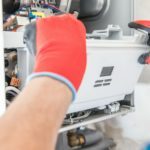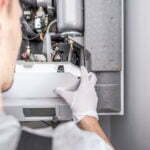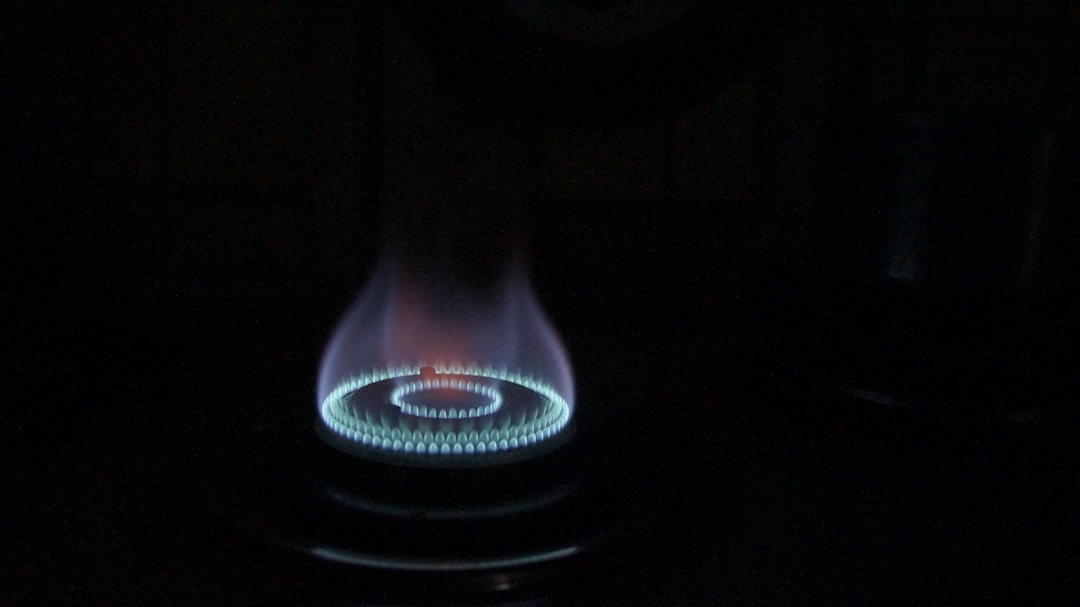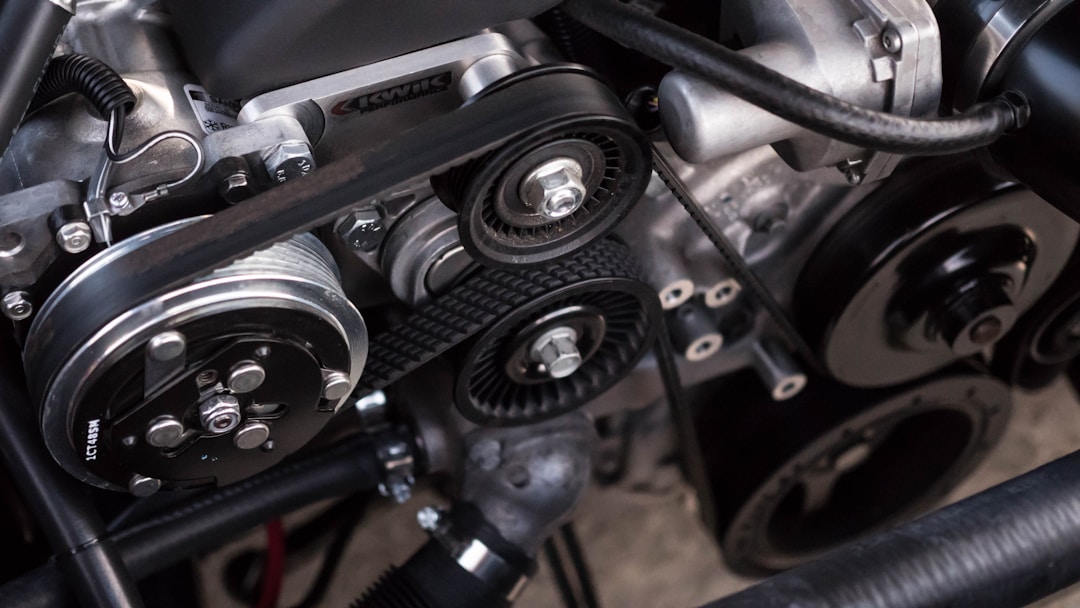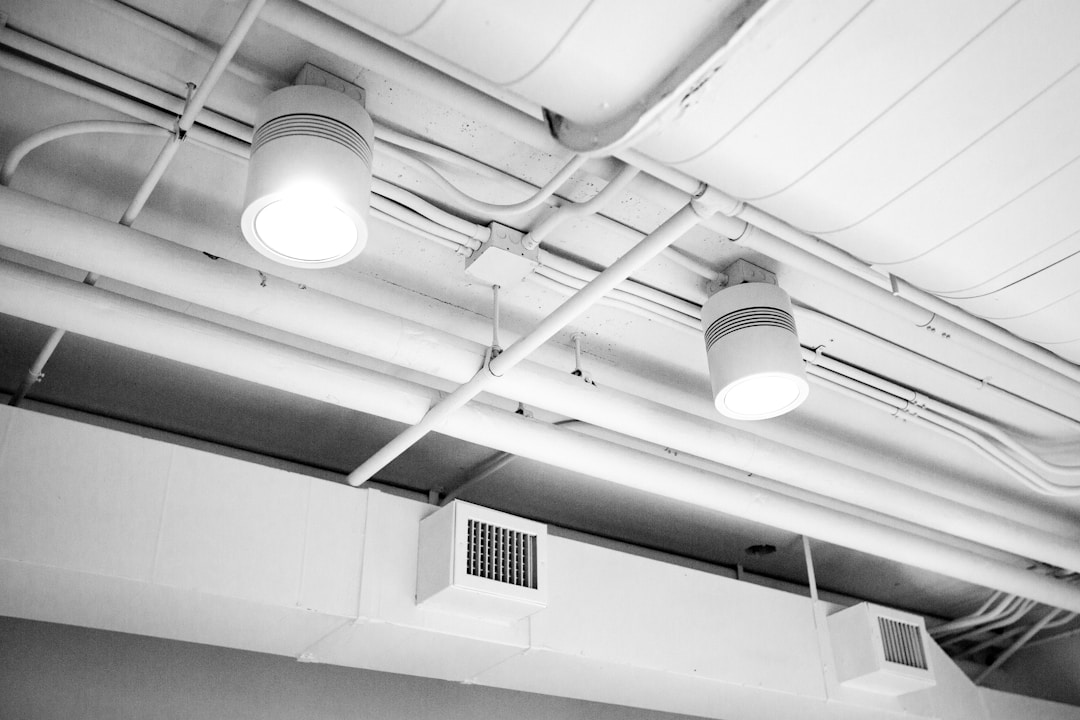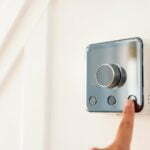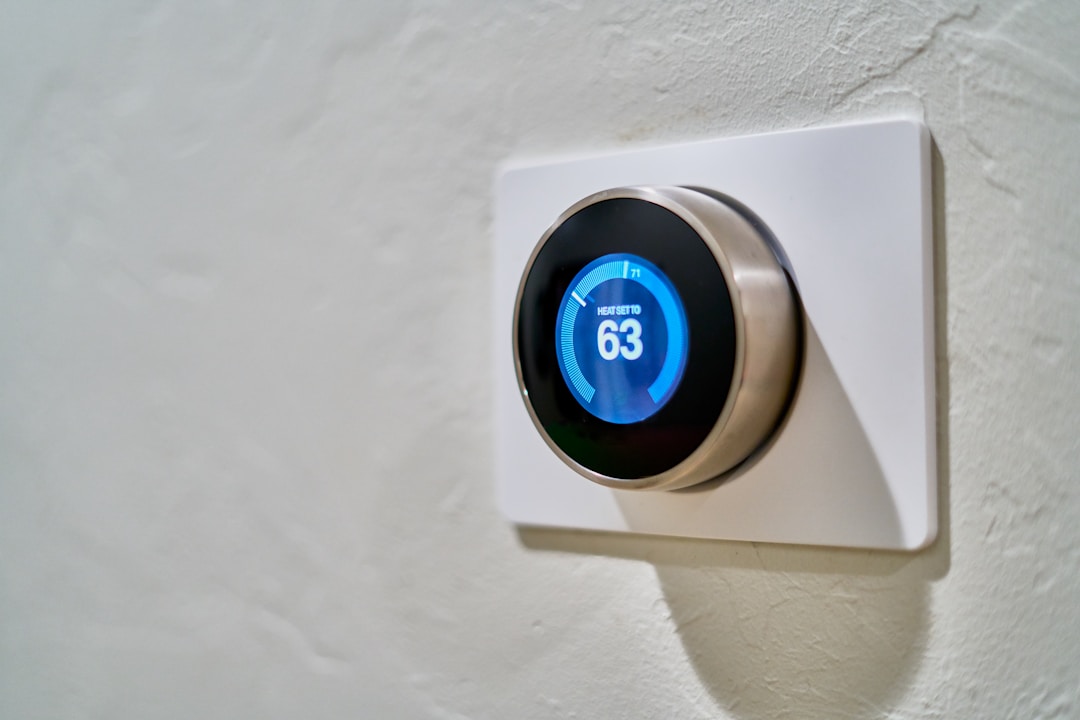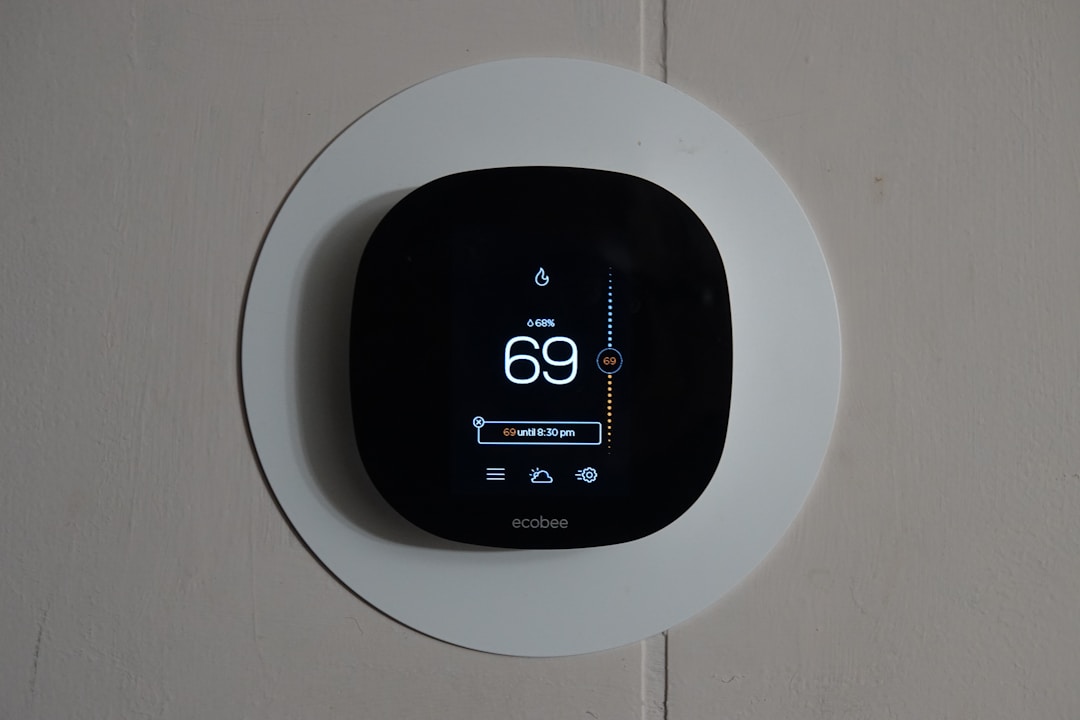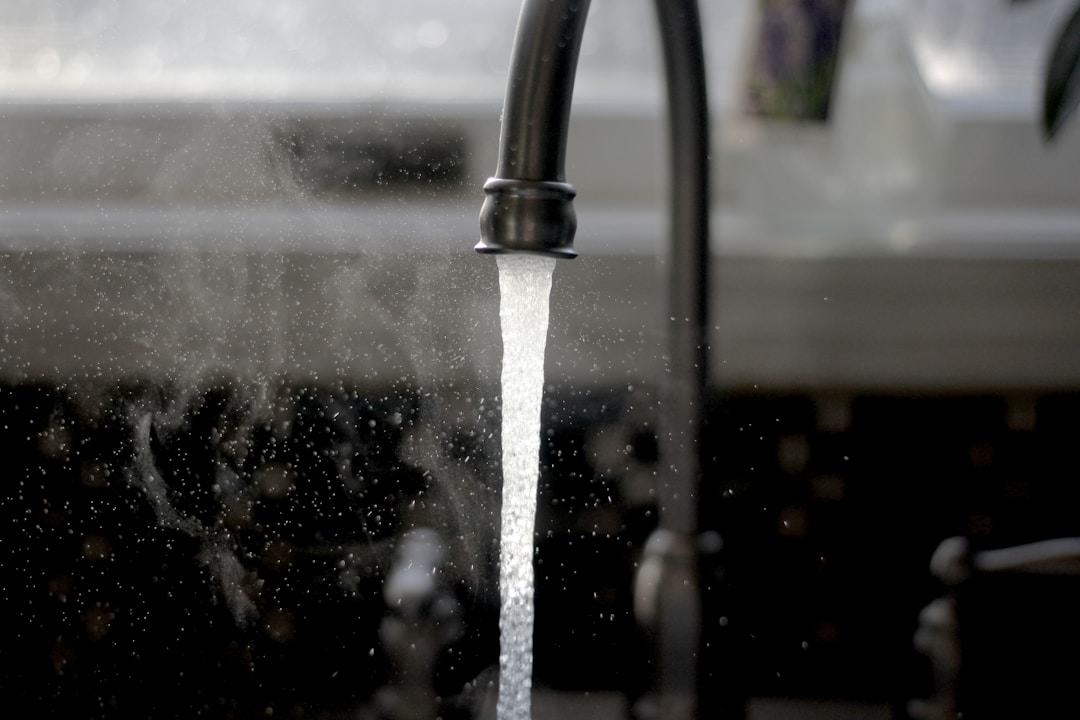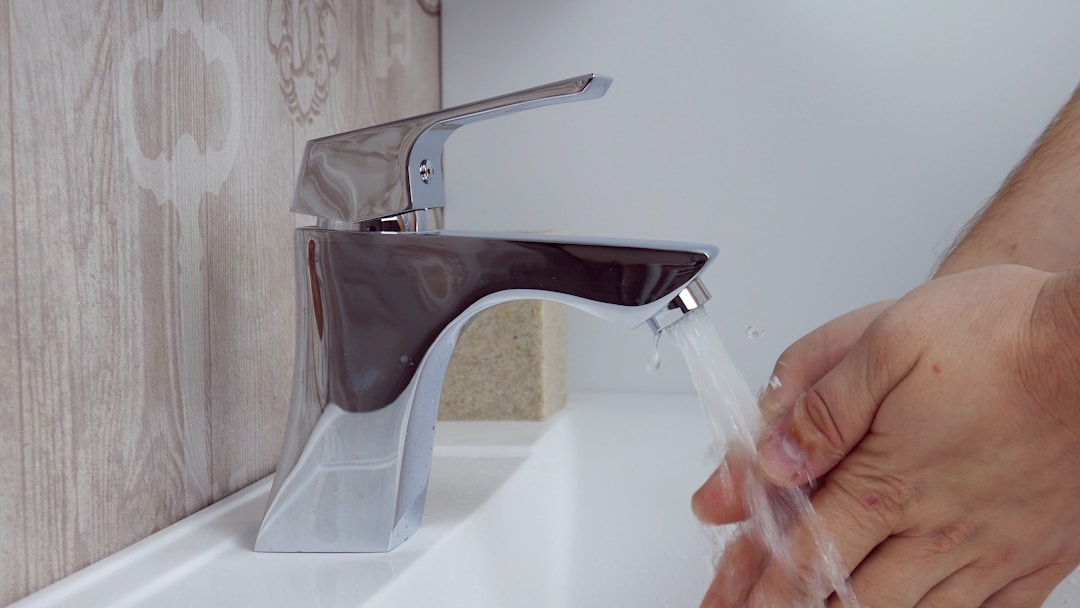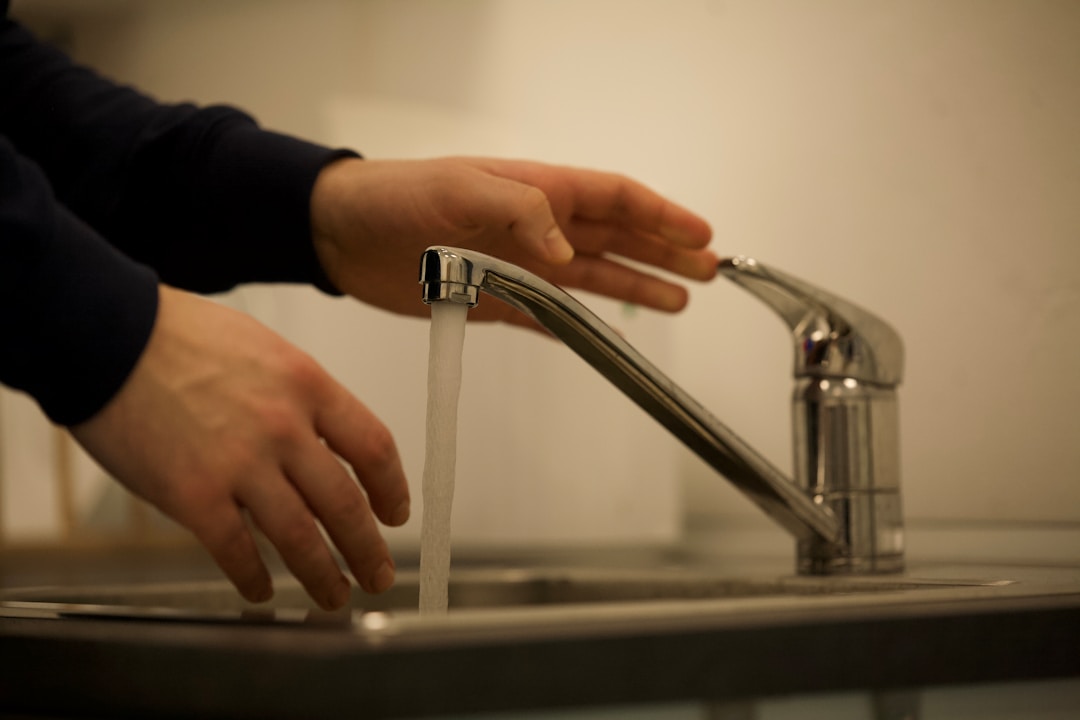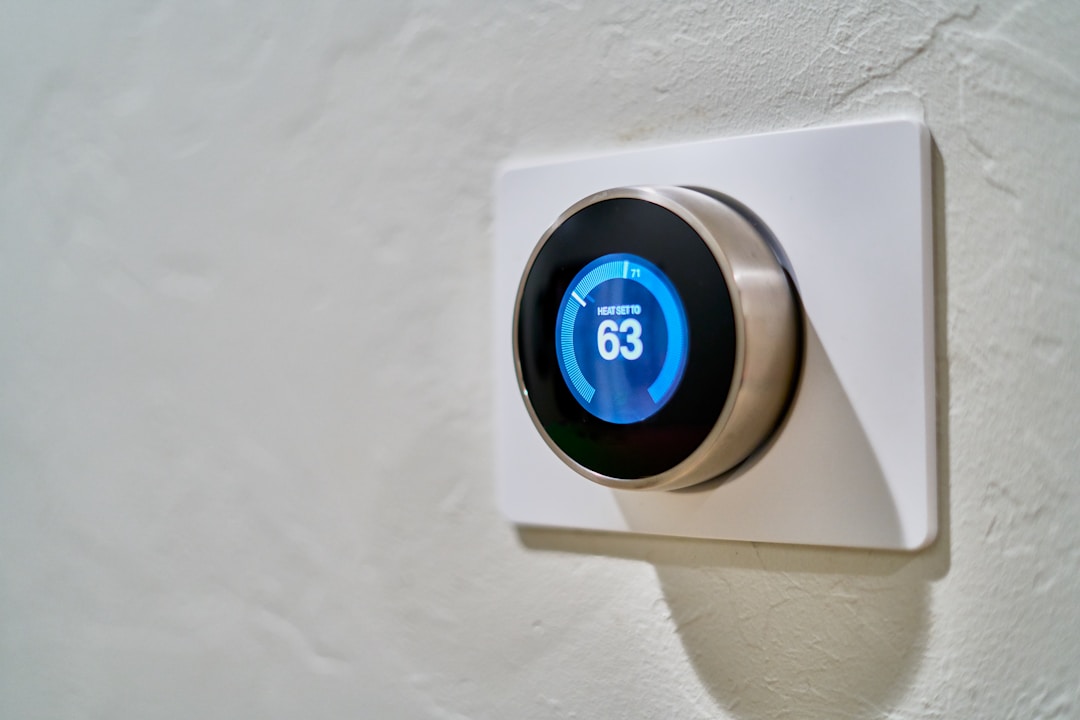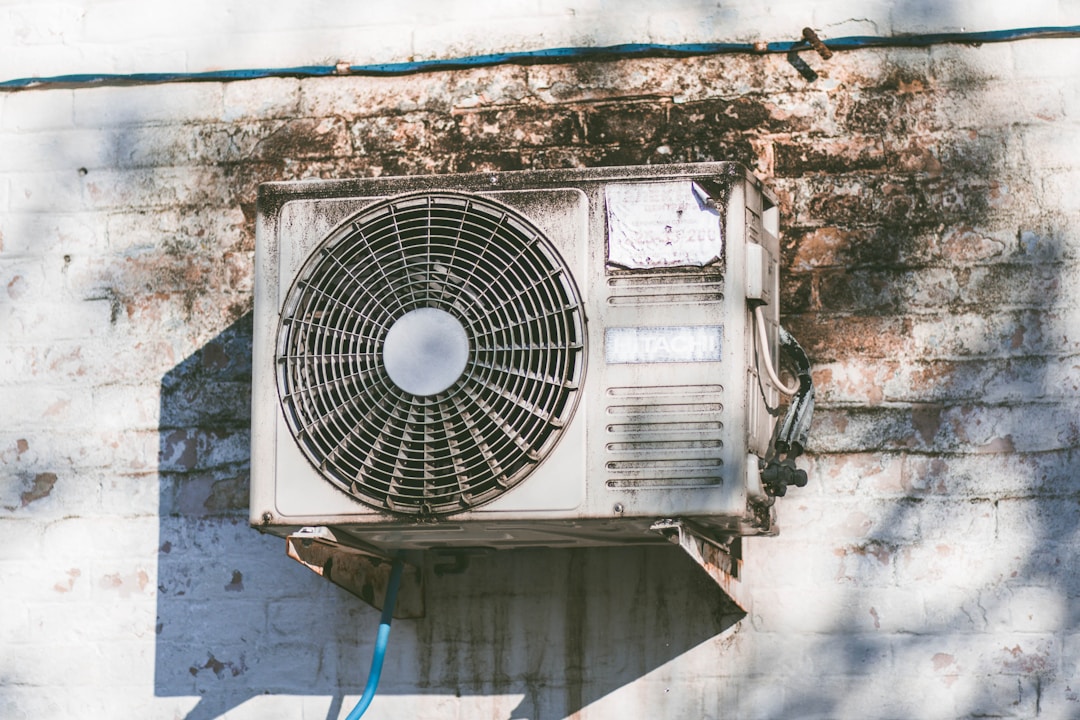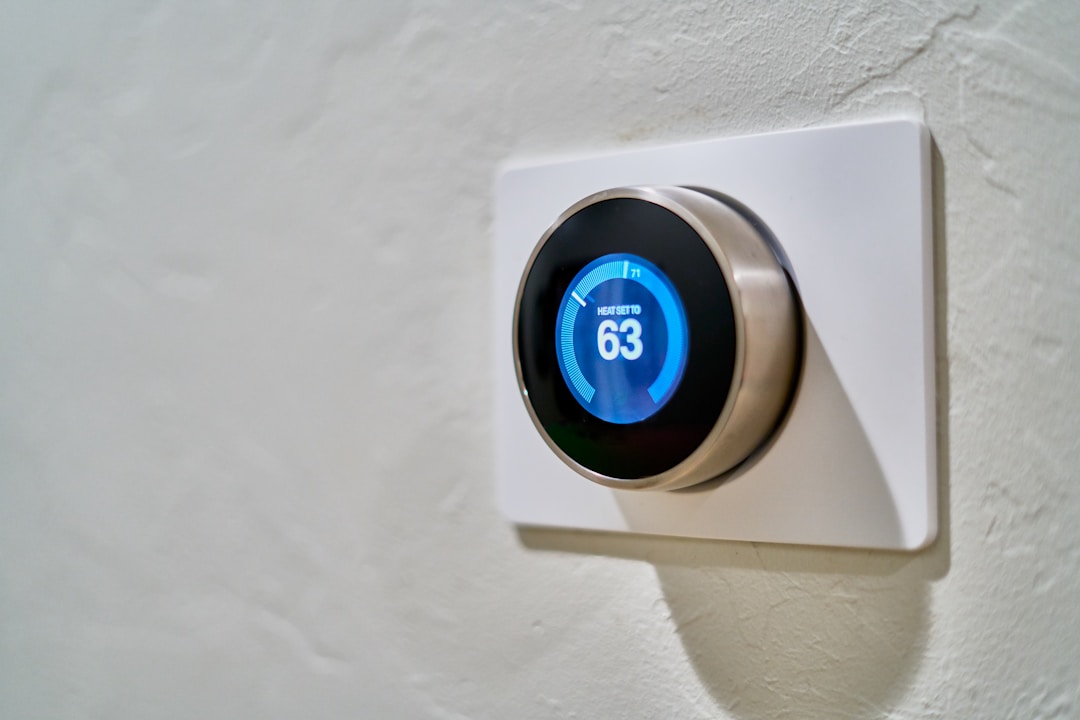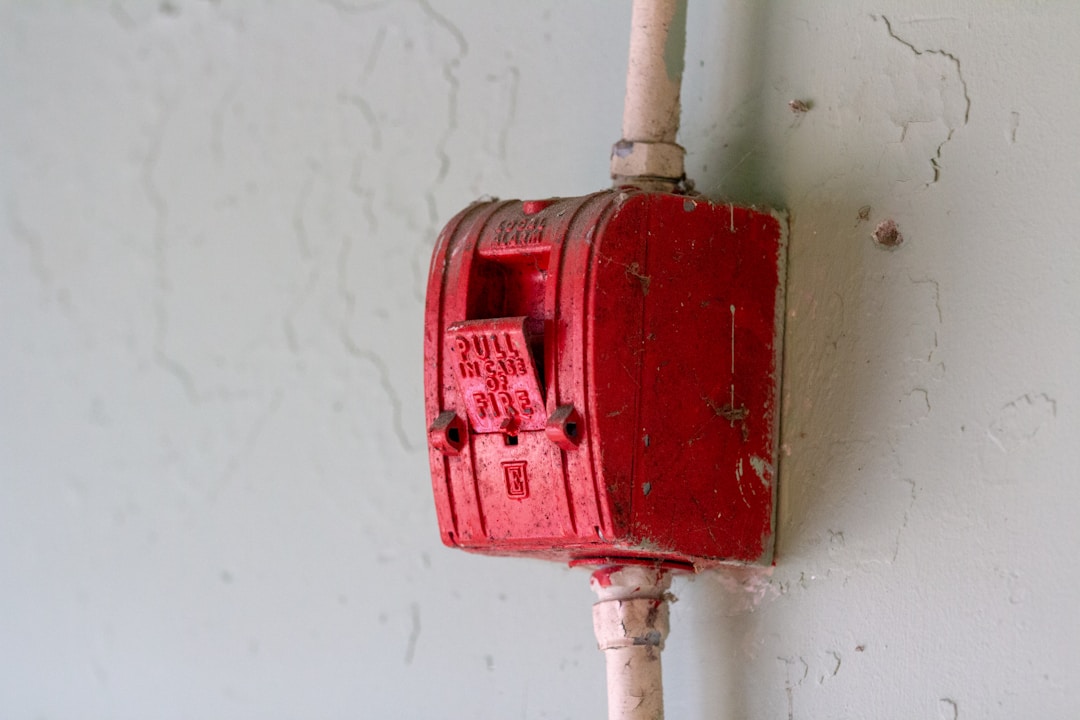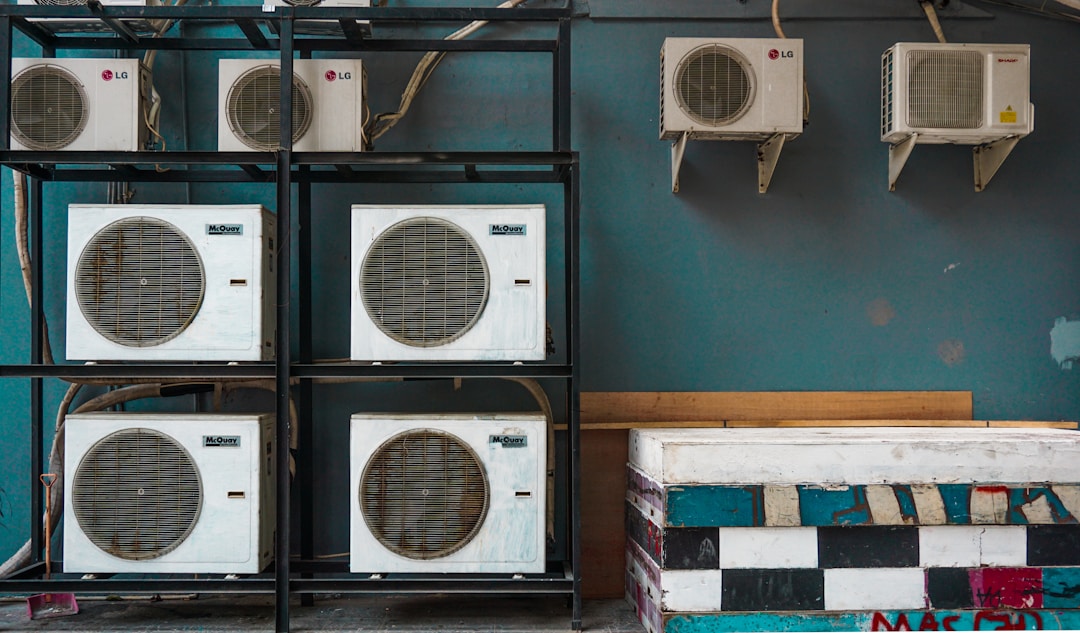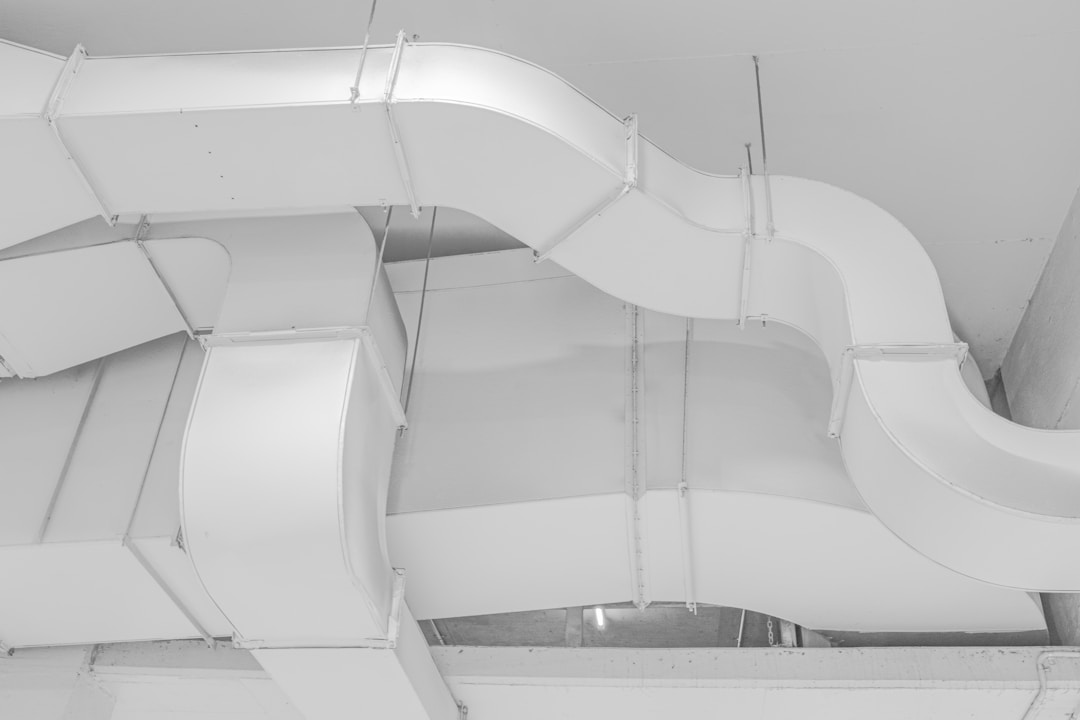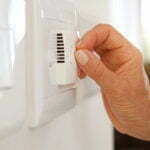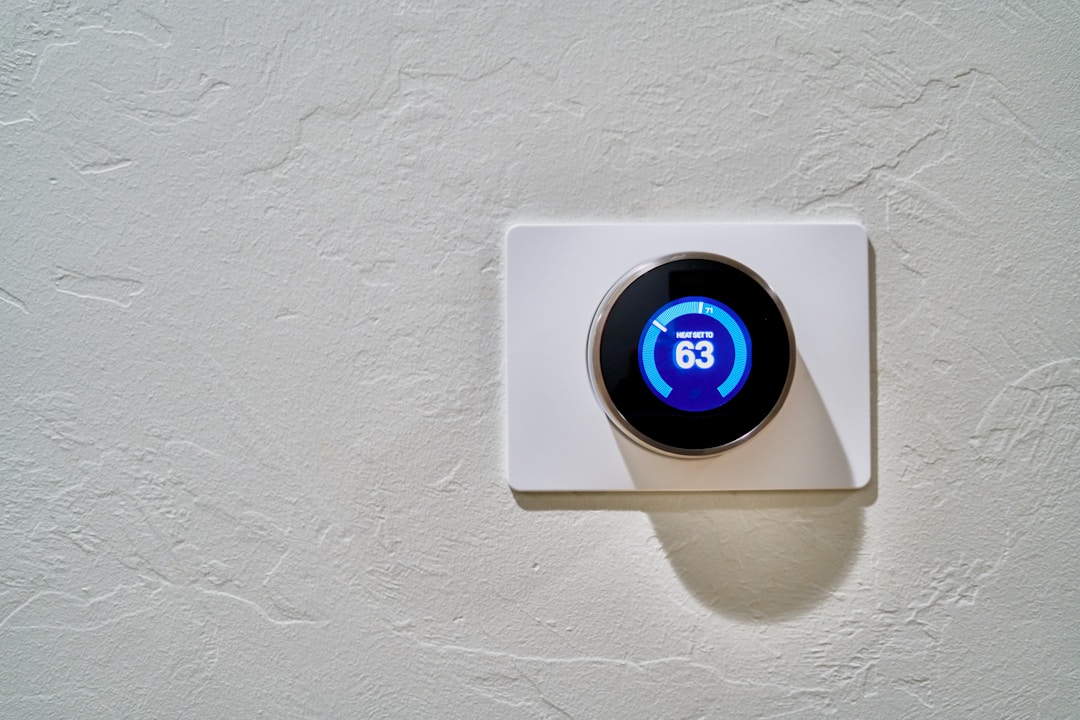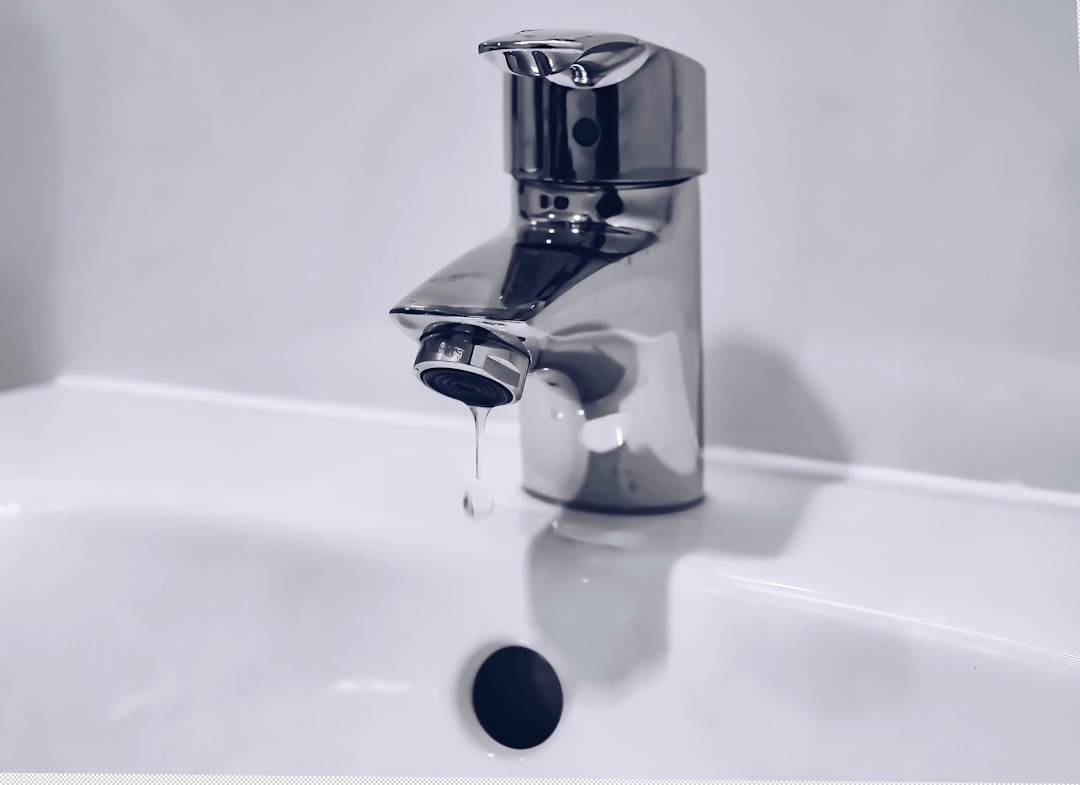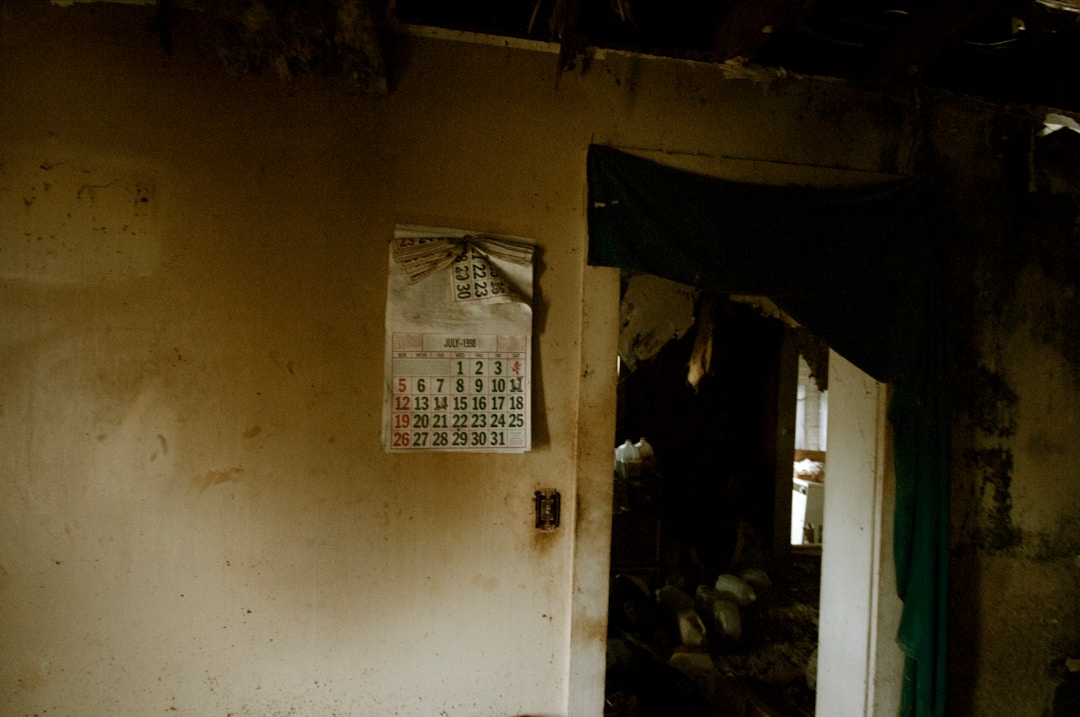During the winter months, below-freezing temperatures, sleet, snow, and blustery conditions can prove to be a real challenge for your heating system. Your furnace must combat cold outside temperatures to deliver consistent warmth throughout your house. Depending on where you live, the constant stress of operation each season could take a toll on your equipment.
Like most electronics, appliances, and other pieces of equipment around your home, your furnace has a life expectancy. The average furnace has an expected lifespan between 15 and 20 years. Without major damage or equipment failure, you can expect your furnace to deliver warm air for several winters. With proper care and regular maintenance, however, you can extend the lifespan of your furnace by 30 percent or more. Likewise, with taxing demands and neglect, you could impact the health of your equipment and experience premature equipment failure. If that happens, you could be on the hook for a new furnace in as few as 5 to 10 years. To avoid costly replacement or repair expenses, there are some steps that you can take.
Paying regular attention to your furnace will help you ensure that it keeps your home comfortable for many heating seasons. From routine maintenance and inspection to cleaning, homeowners can take several steps to get furnaces running. Let’s take a look at some steps you can take to get your furnace to last longer.
Schedule annual maintenance.

Annual maintenance is one of the most important things that you can do to extend the lifespan of your furnace. Many HVAC manufacturers recommend annual furnace maintenance before each heating season. Annual maintenance will allow a qualified HVAC professional will inspect the equipment, clean off burners and other components, lubricate internal parts, tighten belts, secure connections, and check for any other minor issues. During normal use, your system will experience wear and tear. In general, smaller issues from normal operation won’t interfere with the system. However, over time, many minor problems can take a toll on your equipment and impact the health of your system. Routine maintenance will ensure that your equipment is running at peak performance for many winter seasons.
Change your air filters regularly.

From cleaning your gutters to changing the batteries in your smoke alarms, there are several things that you need to do around your house regularly to help maintain it. Among homeowner maintenance tasks, replacing air filters regularly is one of the most important. Dirty air filters can restrict airflow and cause your furnace to work harder. When the furnace tries to pull air through your clogged filter, it has to work harder and expend more energy. Given the demands that the winter season places on your system, dirty air filters could cause more stress and drastically impact the performance and average lifespan of your furnace. Air filters need to be replaced often to ensure that your furnace doesn’t have to fight to circulate air.
Increase your home’s efficiency.
The harder that your furnace has to work, the sooner it will give out. To get your furnace to last longer, you need to do everything possible to reduce the workload of your furnace. Aside from changing your filters, you should make sure that all of your vents are open and clear to allow air to flow freely. You can also seal up ductwork to prevent warm air from escaping into your basement, attic, or walls. Additionally, you ensure that your doors and windows are energy-efficient and help keep your home warm.
Your furnace can last longer than the average 20-year lifespan with care and maintenance. To help your furnace last longer, you can schedule regular maintenance, change air filters frequently, and increase the efficiency of your home.

